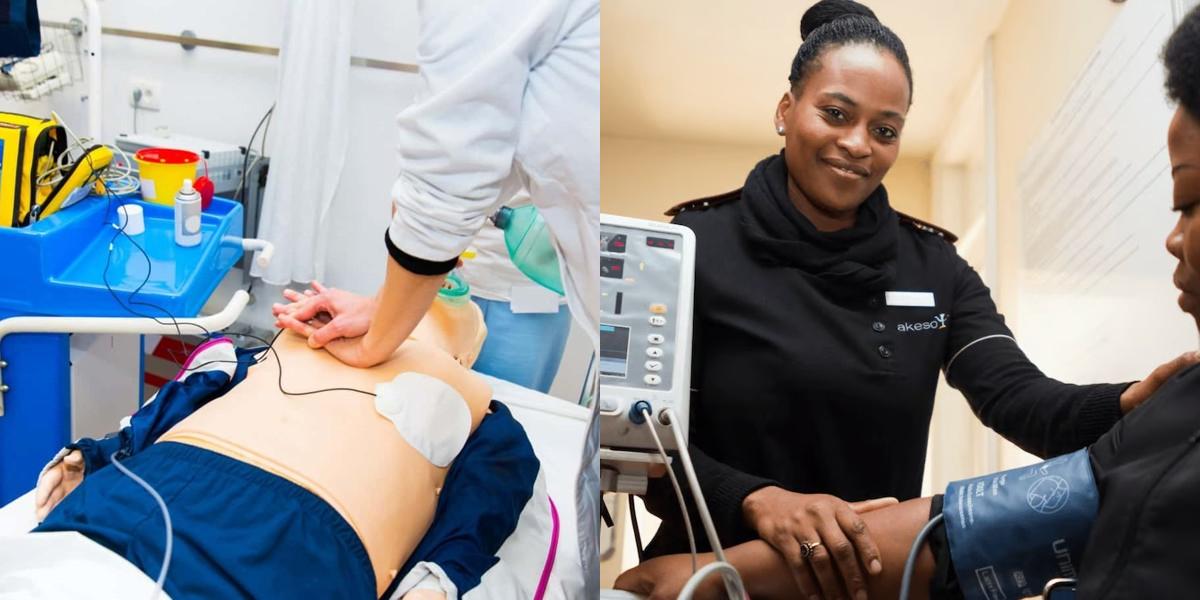ACLS vs Patient Care Technician

Key Points:
- ACLS (Advanced Cardiac Life Support) providers focus on emergency cardiac care, while Patient Care Technicians have a broader scope, including basic patient care tasks.
- ACLS providers typically earn higher salaries than Patient Care Technicians.
- ACLS training is usually done in-person, while Patient Care Technician training can be completed online or in-person.
- ACLS training is generally more intensive and costly, with a shorter duration compared to the training required for a Patient Care Technician.
PCT Career Development
Patient Care Technicians enjoy numerous advancement opportunities:
- Specialization in specific healthcare departments
- Advanced certification options
- Bridge programs to nursing
- Leadership roles in patient care
The employment outlook remains positive, with the Bureau of Labor Statistics projecting steady growth through 2030. PCTs can find opportunities in diverse settings, from acute care hospitals to long-term care facilities.
Choosing Your Healthcare Career Path
When deciding between ACLS and PCT careers, consider these factors:
-
Career Goals
- Immediate vs. long-term objectives
- Desired level of patient interaction
- Emergency medicine interest
- Preferred work environment
-
Personal Considerations
- Time commitment for training
- Financial investment
- Work-life balance preferences
- Stress tolerance levels
-
Professional Development
- Advancement opportunities
- Continuing education requirements
- Specialization options
- Career mobility
Expert Tips for Success
For Aspiring ACLS Providers
- Build a strong foundation in basic life support
- Develop excellent stress management skills
- Practice rhythm recognition regularly
- Join professional organizations
- Maintain current knowledge of protocol updates
For Future PCTs
- Focus on developing strong communication skills
- Master time management techniques
- Build physical stamina
- Cultivate empathy and patience
- Network within healthcare facilities
Final Thoughts
Whether pursuing the high-stakes environment of emergency cardiac care or the essential role of direct patient support, both paths offer rewarding opportunities to make a difference in healthcare. Success in either field requires dedication, continuous learning, and a commitment to excellence in patient care.
Remember to research specific requirements in your state and target facilities, as regulations and requirements may vary. Consider connecting with professionals in both fields to gain firsthand insights into daily responsibilities and career satisfaction.
Dive into the expansive reach of Dreambound's programs across various locations. For a detailed exploration of the two vocations, visit the suggested blogs to uncover specific requirements and gain valuable perspectives on how to commence your journey effectively.

Jessa Guzon is a member of the School Growth and Customer Success Team in Dreambound. She finds joy in assisting both schools and students in reaching their goals by answering their queries and connecting them with the right people. Outside her professional role, Jessa is a happy-go-lucky person with a thirst for adventure.



